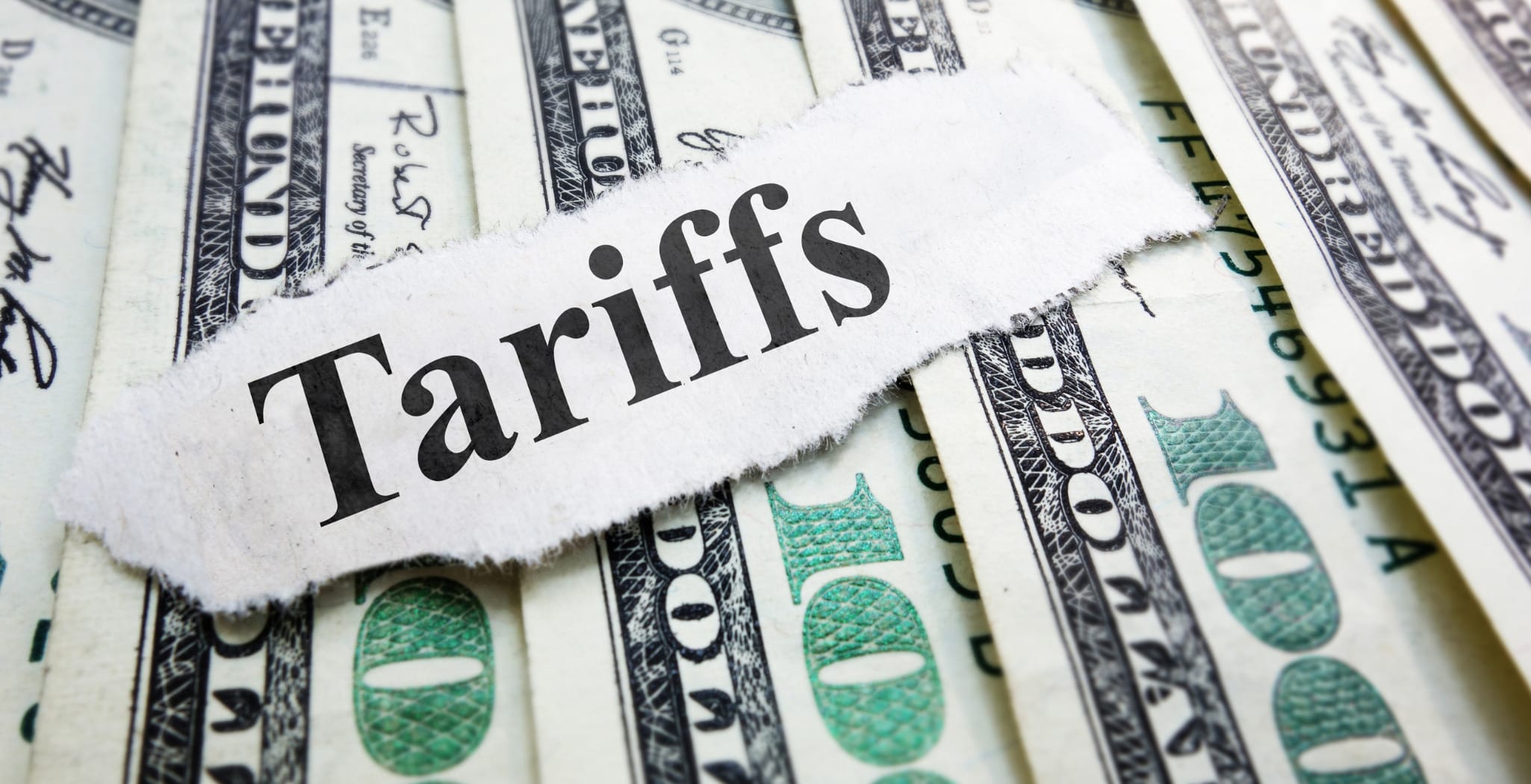On August 1, Mattel recalled approximately 1.5 million toys made by a manufacturer in China because of dangerous levels of lead in their paint. The recall marks a continuation of the quality control problems that importers of Chinese-made exports have been experiencing over the past two months in products ranging from pet food to fish to tires. Four days earlier, the Chinese government ordered the country’s banks to increase their reserves and thereby reduce the amount of money they can lend to business — part of an effort to cool down an economy that is growing at its fastest rate in 12 years. But quality concerns and rapid growth aren’t China’s only worries. There is also the government’s need to keep forging ahead on preparations for the Olympics next August in Beijing, despite some criticism about overdevelopment, human rights abuses and unsafe levels of pollution. The Wharton School recently interviewed Wharton finance professor Jeremy Siegel about his views on China’s growth. In a podcast, they asked Wharton management professor Marshall Meyer, who visits China about five times a year, for his perspective on how the Chinese government is handling its economy, and some of these other issues as well. The following is an excerpt from this interview.
TranscriptKnowledge@Wharton: Let’s start out with Mattel’s recall, which affects toys made for the company’s Fisher Price unit. How serious a blow is this to the reputation of China’s manufacturing sector, which already has a big image problem because of earlier recalls?
Meyer: Well, it’s certainly a blow. I think that it just adds to the concerns that people have about the ability of Western companies or Chinese companies manufacturing in China to control the quality of the product.
Knowledge@Wharton: Is this something that the government is going to crack down on? Or is the Chinese government claiming that the U.S. has the same problems and that in fact other countries have similar manufacturing problems? They’re on the offense.
Meyer: Yes, the propaganda barrage from the central Chinese government has been, in my judgment, surprisingly muted. I think that they recognize they’ve got a problem. But I also think that there’s a false premise in your question, if you’ll forgive me, when you refer to “the government.” There are many governments in China, and the ability of the central government to control commerce in China is very limited. There’s no counterpart to the U.S. commerce clause in the Chinese constitution. And so, whatever regulations or laws the central government makes, they are sometimes changed and often ignored by local governments.
Knowledge@Wharton: So, what would be a good strategy for U.S. companies, or other international companies that are sourcing production from China, to deal with this issue?
Meyer: There are a couple of things. First of all, they must simply pay a lot more attention, at some cost, to the quality of the product that they are getting from China. There’s no substitute for being there on the ground and knowing exactly who your sources are, and who their sources are. This is a particular problem in China because of the contracting. The subcontracting system often makes it less than transparent about who’s actually making a product.Let me give you an illustration of the system, if I can. Suppose that I am in Shanghai, and I want to take a taxi out to Suzhou, which is about 45-50 minutes away. You find a cab driver and hypothetically you negotiate a fare with the cab driver for say 300 RMB or 350 RMB. And you hop in the cab and you think that you’re on your merry way to Suzhou. And he’s going in the right direction, but all of a sudden before he gets to the freeway, he stops, he sees his buddy and he waves him over — and basically he turns you over to his buddy. Maybe he gives the buddy 300 RMB and pockets the other 50 RMB right away. This kind of thing happens throughout China.So that when Mattel says, for example, “We’ve been dealing with this source for 15 years, and we felt that we could really trust them,” they still might not know who the source is taking raw materials from, and in turn, from whom their source is getting the raw materials.
Knowledge@Wharton: How extensive a problem do you think this is?
Meyer: I think given the price pressures that this is going to be extremely extensive because everything in China is driven by price. There are lots of small producers…. You go to [one location] where 80% of the toys come from, and you’re going to see hundreds and hundreds of these little shops producing components for these toys. Who knows where any particular piece is coming from? And so this is going to be difficult to handle unless and until both the Chinese and American firms go back to actually owning their sources of supply. Then they’ll have a little more control over them.
Knowledge@Wharton: Some people have suggested third-party testing as a way to get around this. But I suppose that has its own problems, including expense.
Meyer: You know, it’s as people say in the quality literature — you don’t want to fix the problem afterwards; you want to prevent the problems in the first place. That is why control is so important — and that may mean taking a greater ownership stake in firms that are now subcontractors.




Follow Us